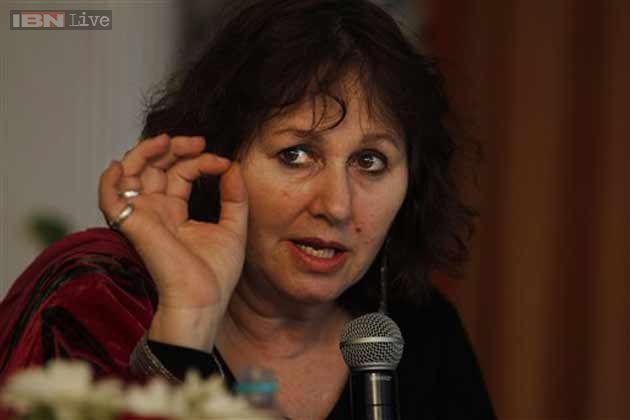New York: India’s ban on the BBC gangrape documentary will “not last very long” as the country’s courts “are not puppets” of the government and civilised values will return, the British filmmaker behind the controversial film has said.
“My prediction is that the ban will not last very long at all because the courts of India are not puppets of the government,” Leslee Udwin, director of ‘Storyville: India’s daughter’ said.
“India is a democracy, it is actually a civilised nation even though the current ban would suggest otherwise — that the most important pillar of democracy, which is free speech, has been stamped upon in this ban. It (the ban) is temporary. It’s not going to last. Civilised values will return, the ban will be lifted and then I hope when all of this hysteria dies down, they will focus on saving the women of the world rather than hiding their particular shame,” she said.
The US premier of the documentary on the brutal gang rape of the 23-year old paramedical student was attended by Oscar-winning actress Meryl Streep, actress Frieda Pinto and Indian actor-producer Farhan Akhtar, who came with his wife Adhuna at the Baruch College on Monday.
Udwin faced backlash over her documentary, banned in India, with people saying the film gave a platform to the rape accused Mukesh Singh to air his views. Singh appears unrepentant in the documentary.
Udwin alleged that the comments made by Singh are not very different from what some Indian political leaders say about rape and its victim.
“What hypocrisy to scream in hysteria about the platform given to Mukesh who says exactly the same things as Indian politicians say day after day. It’s a reflection of the mindset of the society. And that’s what I learnt doing these interviews,” she alleged.
Udwin reiterated that the documentary was “never meant to single India out “for its record of offenses against women.”
“The film was meant to single India out in a particular way and that was in a very positive way as the only country in my lifetime that has stood up for over a month, day after day with unprecedented numbers of ordinary men and women out on the streets fighting for my rights.
“And that is why I came to India to make this film. If the protests had taken place as a response to any other case in any other part of the world, I would have gone there,” Udwin said.
She said she came to India “out of respect, admiration and gratitude” to those protestors who were “fighting for me on the other side of the globe.”








